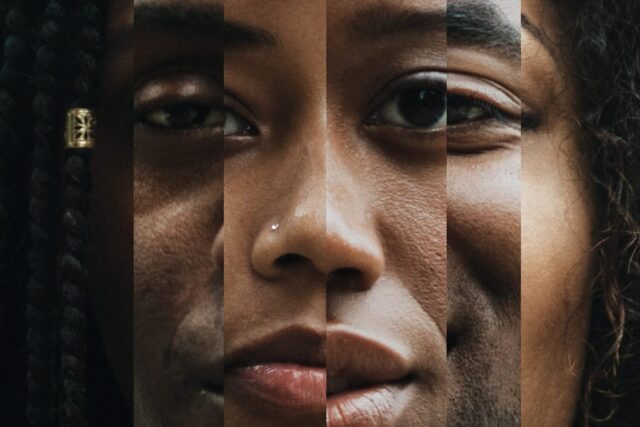
Staying informed is more important than ever in the digital era, especially for BIPOC (Black, Indigenous, and People of Color) people. Accessing reliable and inclusive news presents significant obstacles. Biases in traditional and digital media distort and marginalize BIPOC populations.
It is crucial to acknowledge these biases. One must seek out varied news sources that focus on BIPOC news. Engage in fact-checking and critical analysis to navigate this landscape. It is critical to develop media literacy abilities to distinguish between reliable and false information. Furthermore, self-care and prioritizing mental health are critical for coping with the emotional toll that news of racism and discrimination can have.
Understanding Biases In Media
Bias exists in both traditional and digital media. To promote fair news consumption, it is critical to recognize and address these prejudices. One may discover the white-centric perspective that marginalizes BIPOC experiences by questioning assumptions and framing. Because it is critical to seek out various news sources that offer inclusive perspectives. Understanding biases is essential for advocating for accurate and fair representation of BIPOC populations.

Fact-Checking And Verification
Fact checking and verification are critical in the digital era to assure the accuracy and validity of news. Given the amount of fake news, it’s critical to double-check information before sharing it. Fact checking helps to avoid the spread of incorrect information. It encourages responsible news consumption and protects the integrity of public dialogue. Individuals can make informed decisions based on reputable and credible sources by engaging in fact checking, and producing a more informed public opinion.
Diverse News Sources
Expanding news consumption is crucial for gaining an accurate understanding of current events. Look for credible news channels and venues that value BIPOC perspectives. Some examples include The Root, Colorlines, and platforms such as Blavity and Latino Rebels. Follow social media accounts, podcasts, and blogs that highlight underrepresented voices. BIPOC people can have access to a greater range of opinions and experiences by broadening their news sources.

Performing Critical Analysis
BIPOC people can use critical thinking to check the framing and underlying assumptions in news coverage. One develops a better knowledge of complicated topics by challenging popular narratives. Diverse points of view are critical in this process. Seek out and listen to minority voices to diversify viewpoints. Critical thinking allows people to interpret news sources with a more discriminating eye and promotes a more accurate and inclusive perspective on events.
Developing Media Literacy Skills
Developing media literacy skills is critical for navigating the digital realm. Share your expertise and experiences with others to promote media literacy in BIPOC communities. Individuals can contribute to a more informed society by improving their media literacy skills.

Conclusion
Staying informed is critical for BIPOC folks in the digital era. Consuming news, particularly on subjects of racism and discrimination, can be hard. When engaging with the news media, focus on self-care and create boundaries. Seek out support networks and take part in activities that improve mental health. Take breaks from news consumption as needed and focus on hobbies and self-care practices to maintain emotional well-being. By understanding media biases, finding many news sources, fact-checking, and engaging in critical analysis, BIPOC individuals can navigate the news. Continuous learning, critical thinking, and media literacy empower people and contribute to a more inclusive news landscape. Stay informed, take part, and be the change.














